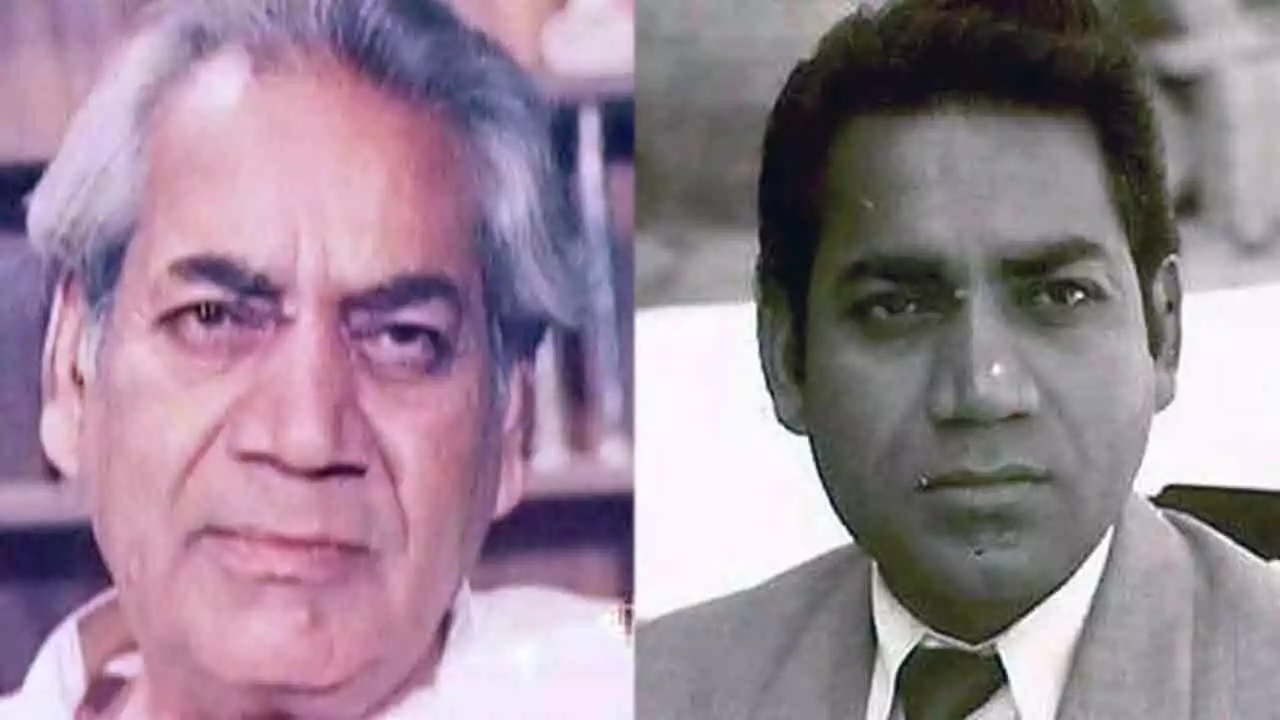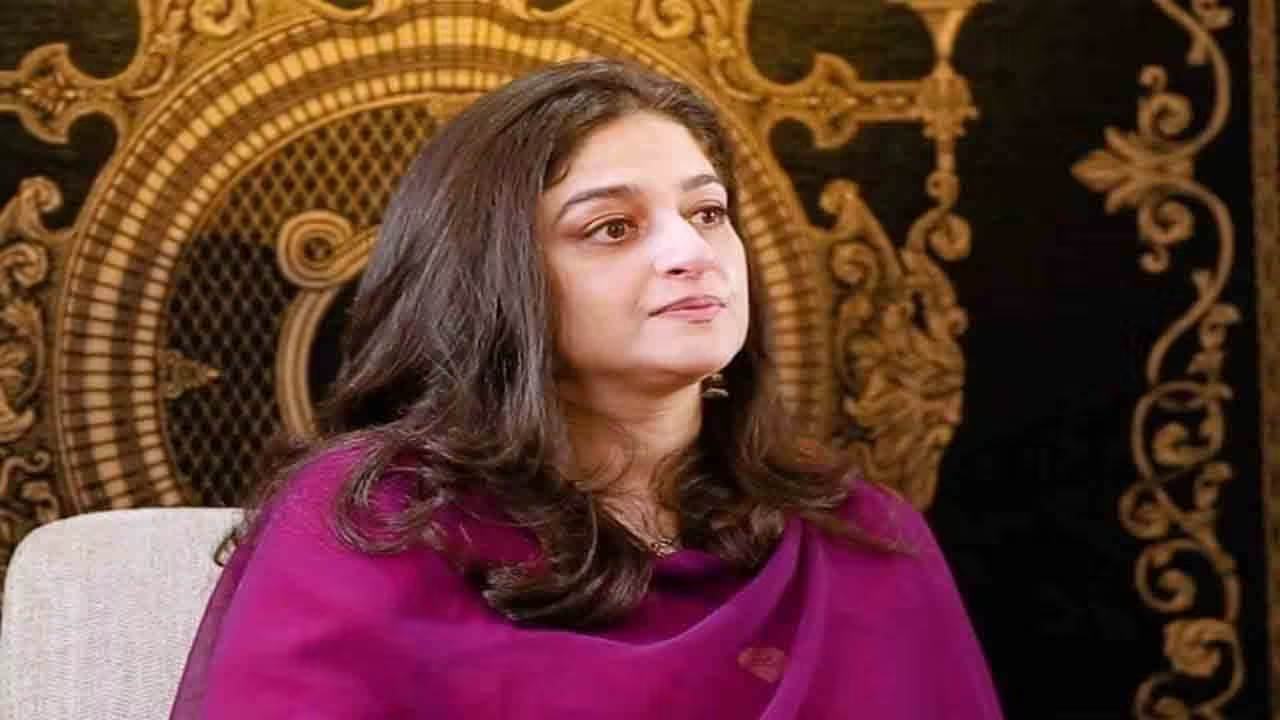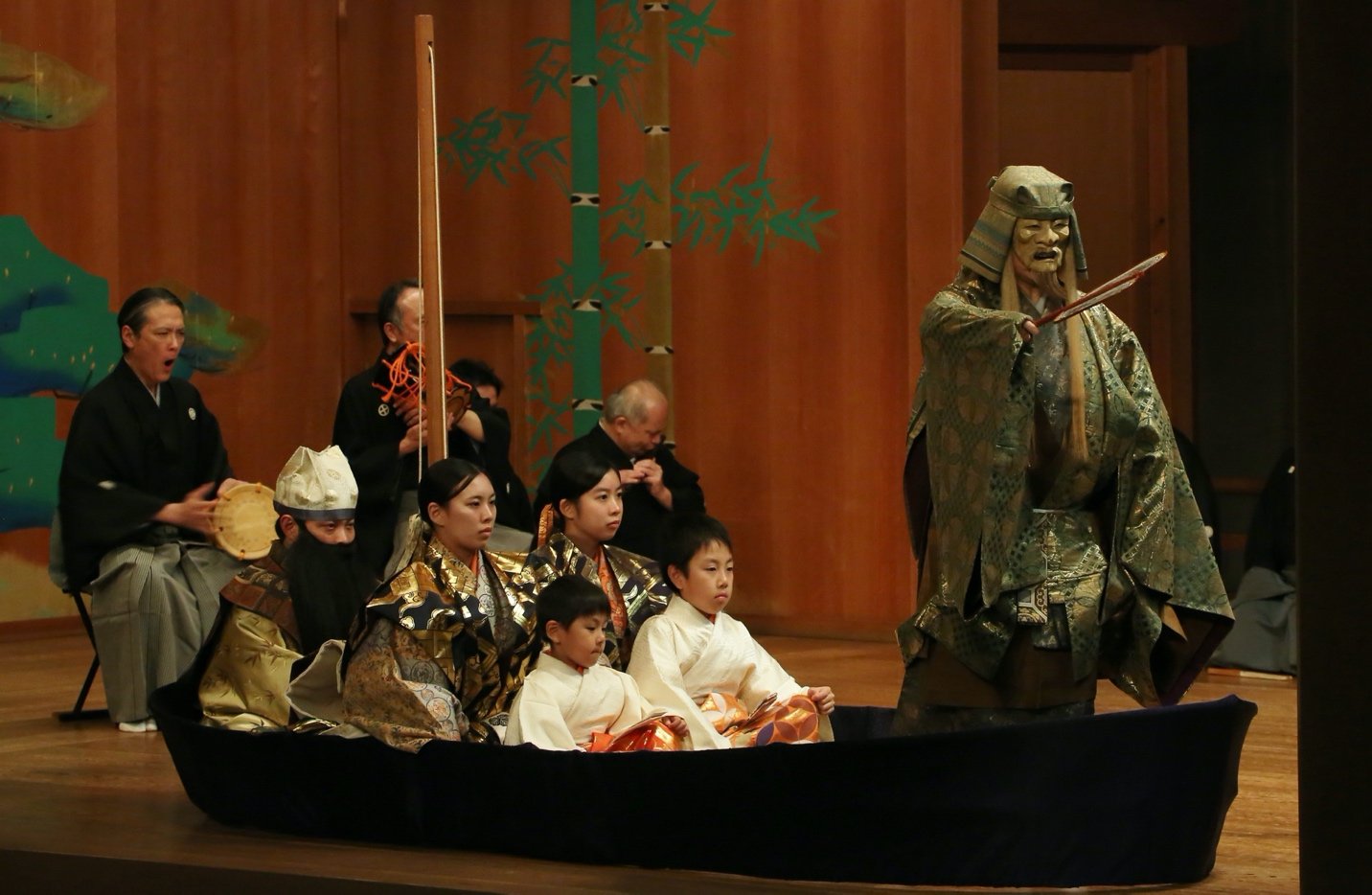Ahmad Rahi, born as Ghulam Ahmed on November 13, 1923, in Amritsar, was a towering figure in the world of Punjabi literature and cinema. His contributions as a poet, songwriter, and writer have left an indelible mark on the cultural landscape of Pakistan, particularly in the realm of Punjabi cinema. From the bustling streets of Amritsar to the cultural heart of Lahore, Ahmad Rahi’s journey is one of creativity, passion, and an undying love for his language and culture.
Early Life and the Move to Lahore
Ahmad Rahi’s early life in Amritsar was steeped in the rich traditions of Punjabi culture. Even as a young boy, he exhibited a deep interest in literature, poetry, and music. His early exposure to these art forms would later influence his career as a poet and songwriter. In 1940, Rahi moved to Lahore, a city that would become his home and the center of his creative endeavors. Lahore, known for its vibrant cultural scene, provided the perfect backdrop for Rahi to hone his skills and make a name for himself.
Entry into the Film Industry
Ahmad Rahi began his film career with the Punjabi film “Belly,” a stepping stone that would lead him to become one of the most sought-after songwriters in the industry. However, it was his work on the film “Chow Mantar” that truly put him on the map. The songs from “Chow Mantar” became immensely popular, showcasing Rahi’s ability to blend traditional Punjabi folk elements with contemporary music styles. His lyrics resonated with audiences, capturing the essence of Punjab’s rich cultural heritage.
The Iconic “Heer Ranjha”
One of Ahmad Rahi’s most celebrated contributions to Punjabi cinema was his work on the timeless classic “Heer Ranjha.” This film, based on the legendary Punjabi folk tale of Heer and Ranjha, required lyrics that could convey the deep emotions and cultural significance of the story. Ahmad Rahi rose to the challenge, penning songs that not only complemented the narrative but also became iconic in their own right. The songs from “Heer Ranjha” continue to be popular to this day, a testament to Rahi’s genius as a songwriter.
Contributions to Other Popular Films
Beyond “Heer Ranjha,” Ahmad Rahi’s portfolio includes a number of other successful films. His work on “Yeke Wali,” “Mirza Jat,” “Mehndi Wale Hath,” “Chow Mantar,” and “Nicky Jai Yeh” further solidified his reputation as a master lyricist. Each of these films featured songs that were deeply rooted in Punjabi culture, yet accessible to a wide audience. Rahi’s lyrics often explored themes of love, heartbreak, and the beauty of rural Punjab, making his work relatable and beloved by many.
Recognition and Awards
Ahmad Rahi’s contributions to the film industry did not go unnoticed. He was honored with several prestigious awards throughout his career, including the Presidential Medal for Best Performance, the Nigar Award, and the Bolan Award. These accolades were a recognition of his exceptional talent and his significant impact on Pakistani cinema. Rahi’s ability to craft lyrics that resonated with people from all walks of life made him a revered figure in the industry.
Beyond Film: Folk Songs and Literary Works
In addition to his work in films, Ahmad Rahi was also known for his folk songs, which became immensely popular. His folk compositions were a celebration of Punjabi culture, filled with the rhythms and melodies that are characteristic of the region. One of his most famous songs, “Dil Ke Afsane,” from the movie “Baaji,” became a hit, further showcasing his versatility as a songwriter.
Rahi was not just a songwriter but also an accomplished poet and writer. His literary works, though not as widely recognized as his film songs, are a testament to his deep understanding of the human condition and his love for the Punjabi language. His poetry often explored themes of love, loss, and the passage of time, reflecting the complexities of life in a manner that was both poignant and accessible.
Legacy and Passing
Ahmad Rahi’s legacy is one that continues to influence generations of poets, songwriters, and filmmakers. His ability to capture the soul of Punjab in his lyrics made him a beloved figure in both Pakistan and India. On September 2, 2002, Ahmad Rahi passed away in Lahore after a brief illness. His death marked the end of an era, but his work lives on, continuing to inspire and move those who encounter it.
Ahmad Rahi’s life and career are a testament to the power of words and the enduring impact of cultural heritage. As a poet, songwriter, and writer, he played a pivotal role in shaping the identity of Punjabi cinema and literature. His songs, filled with the rich tapestry of Punjabi culture, continue to resonate with audiences today, ensuring that his legacy will be remembered for generations to come. Ahmad Rahi was not just a songwriter; he was a cultural icon, a storyteller, and a poet whose work will forever be cherished.



